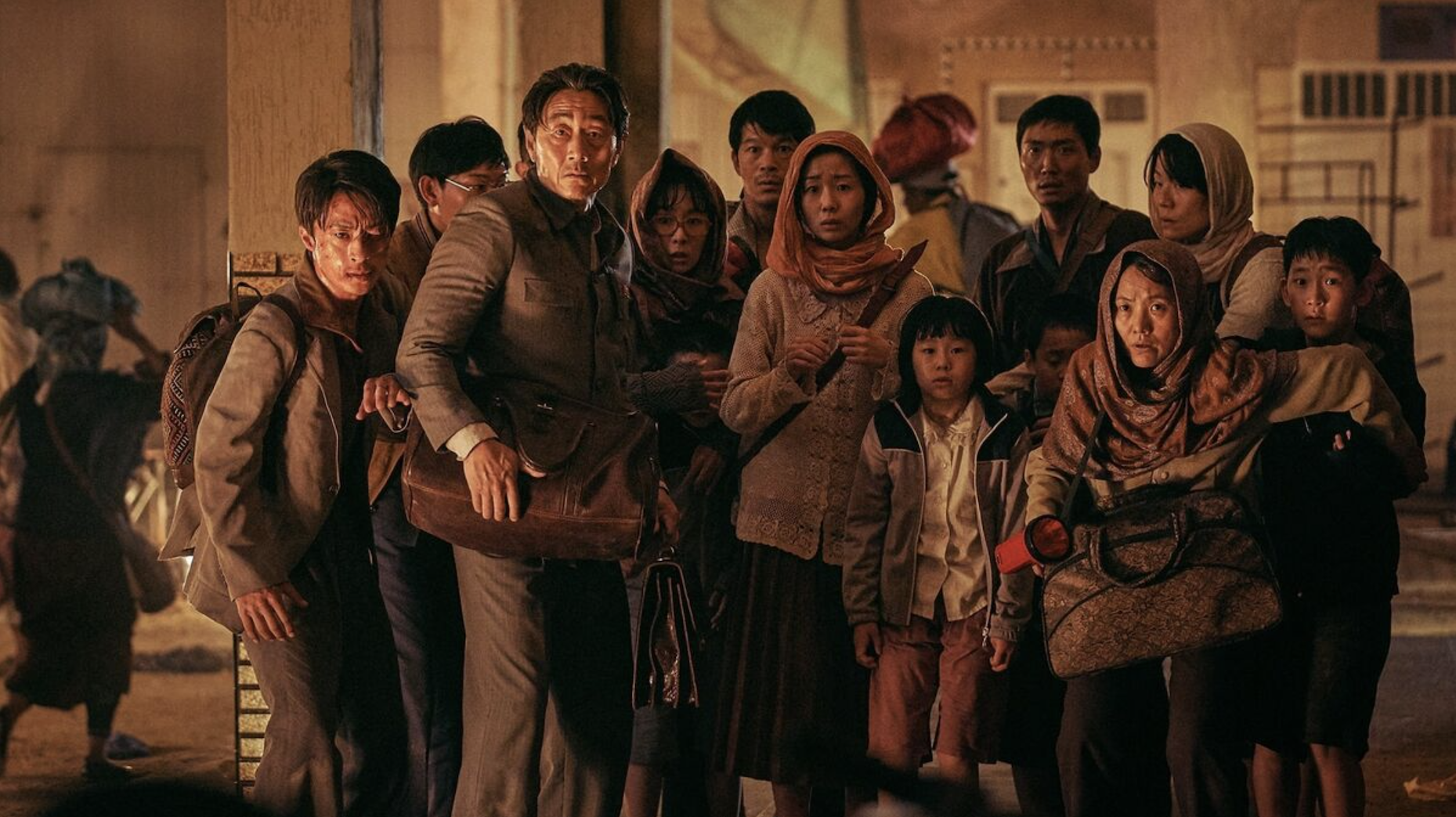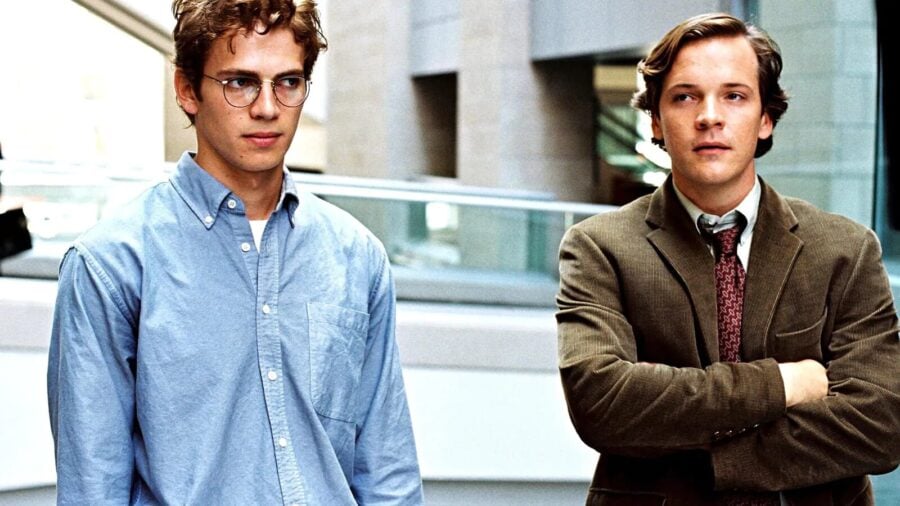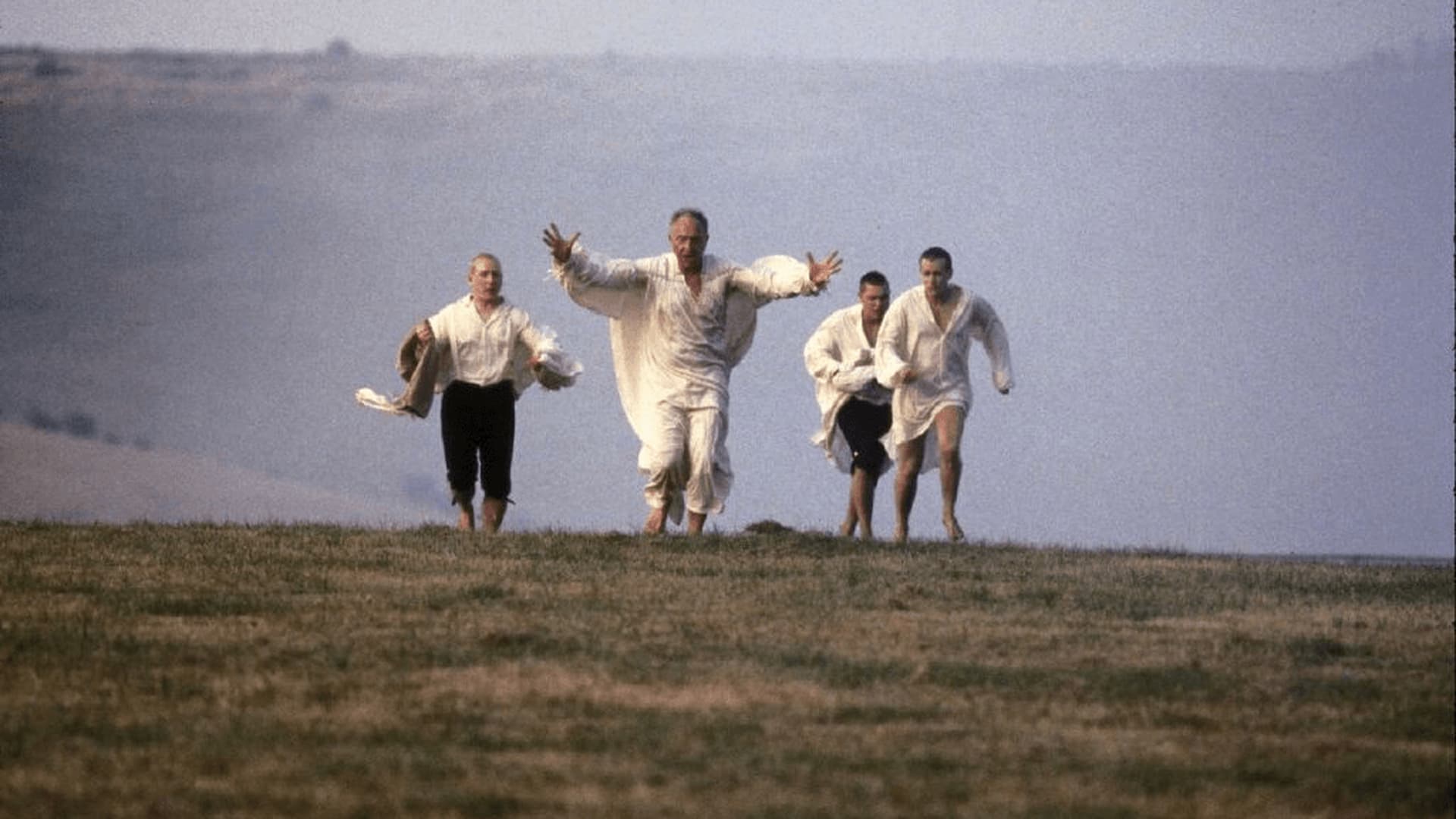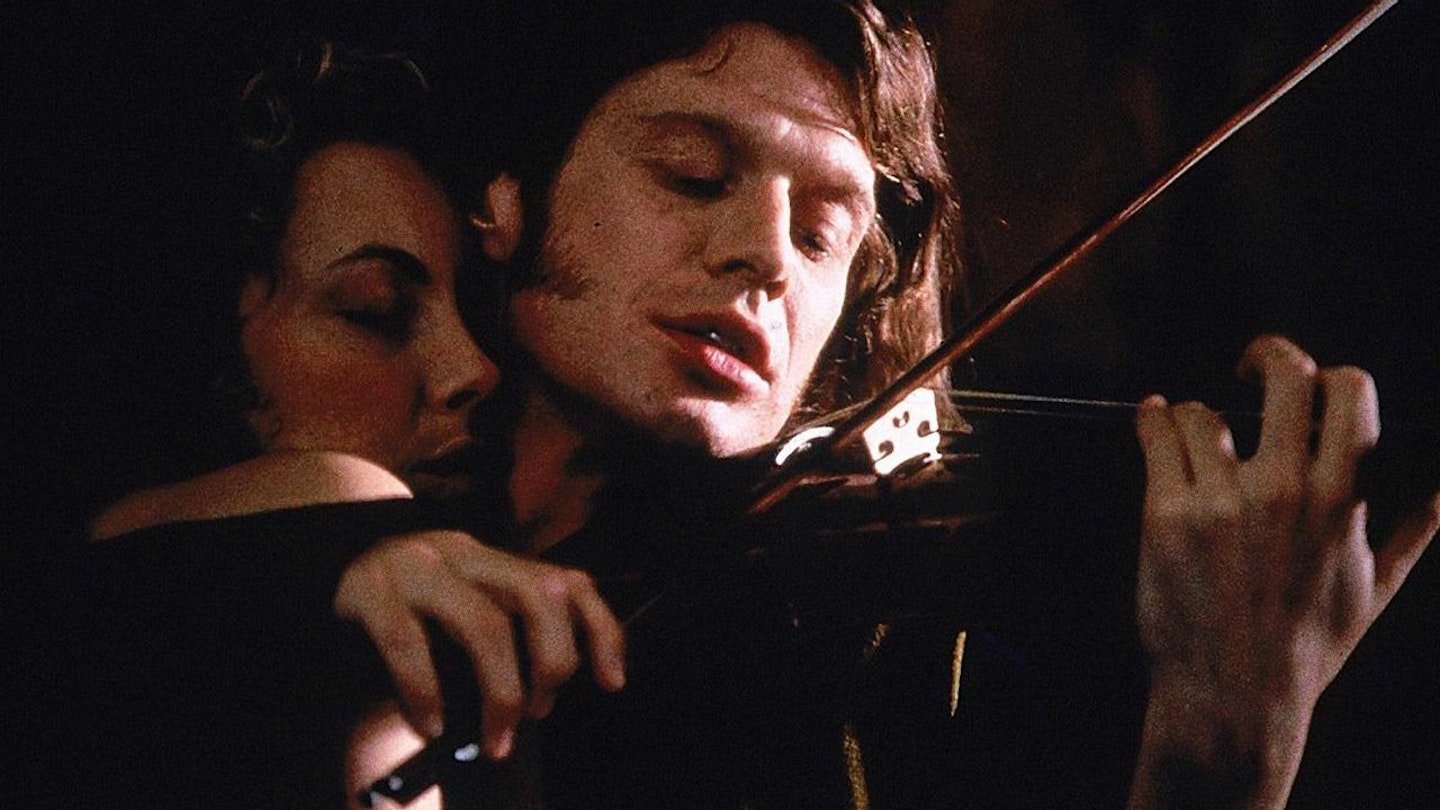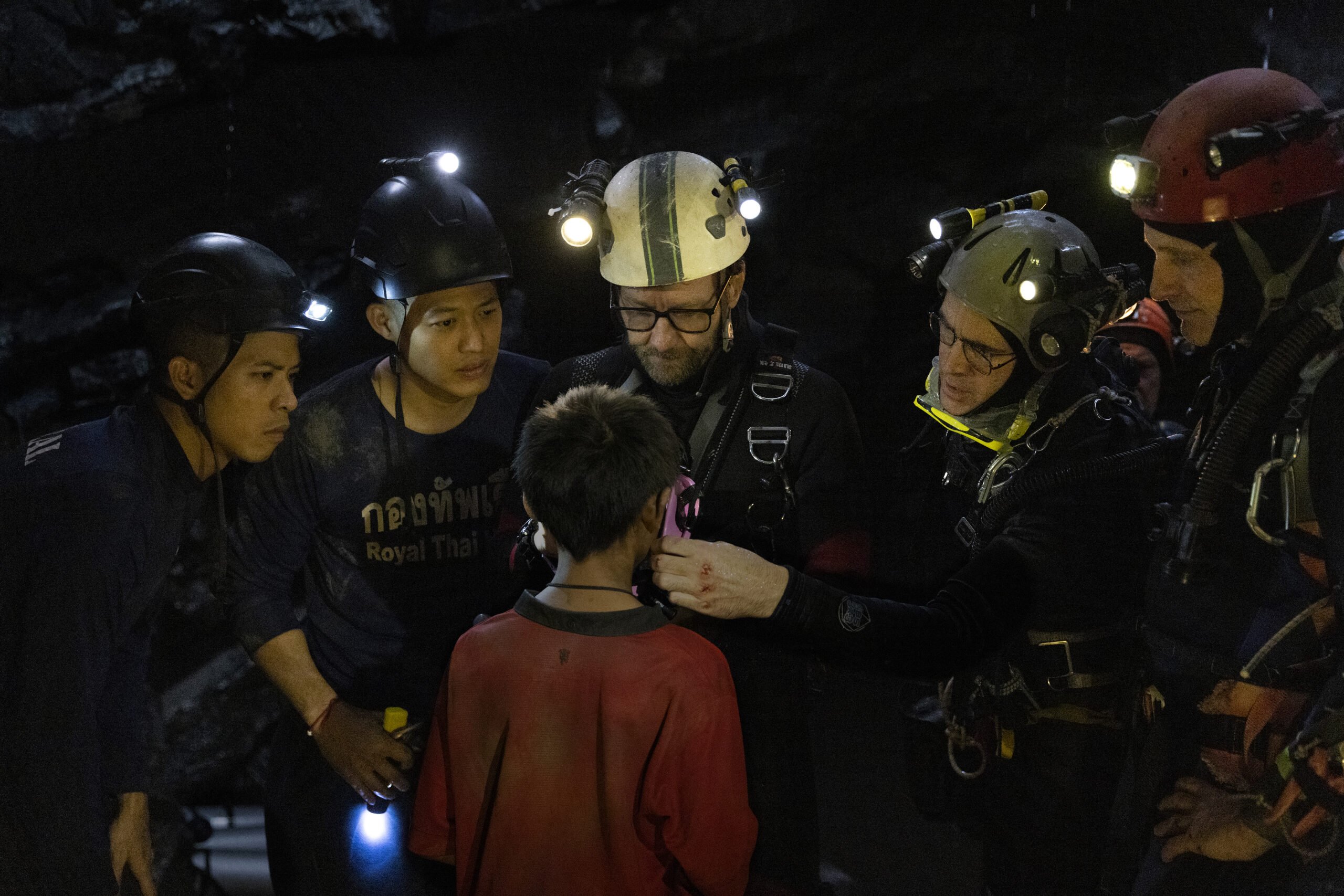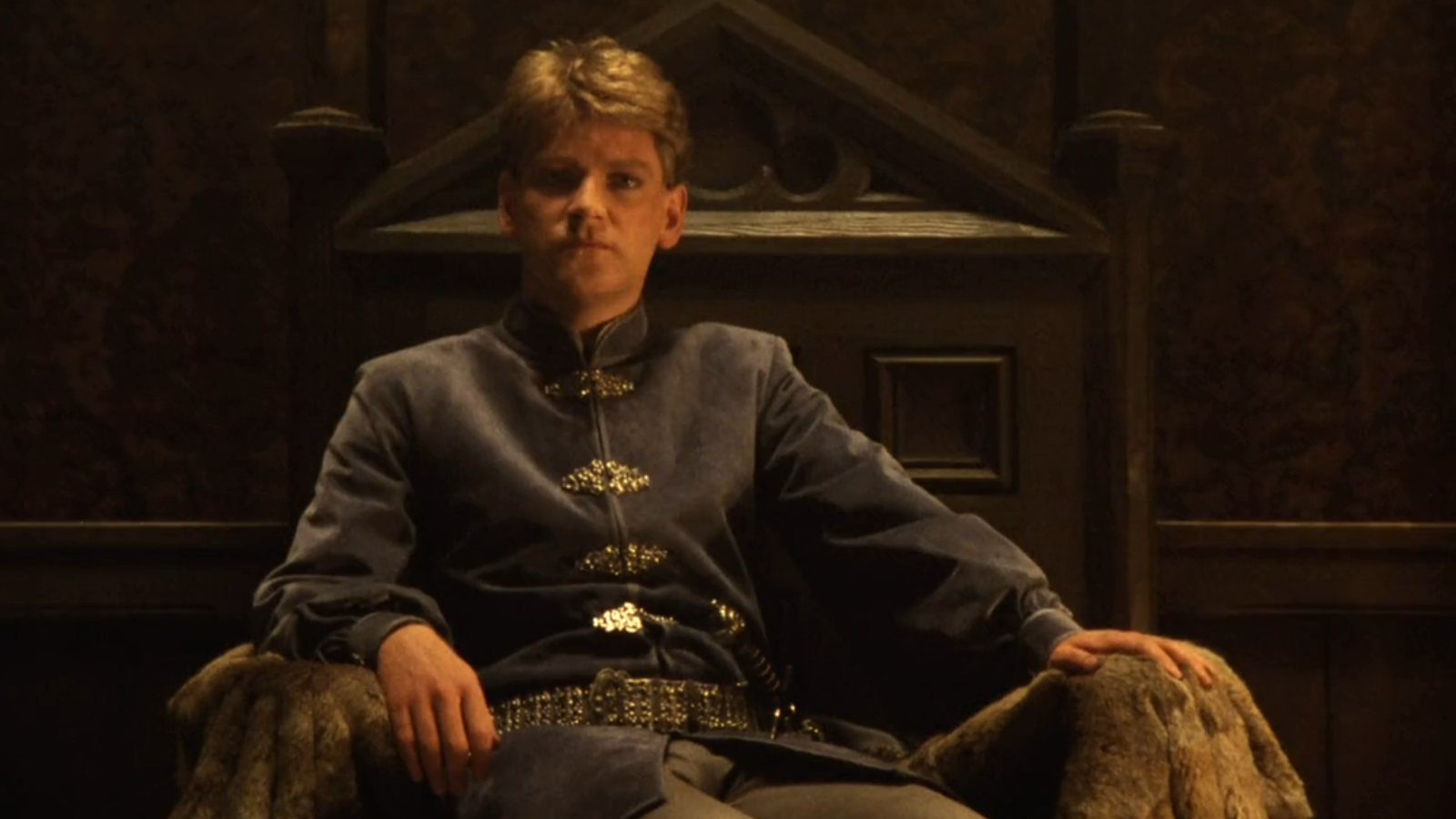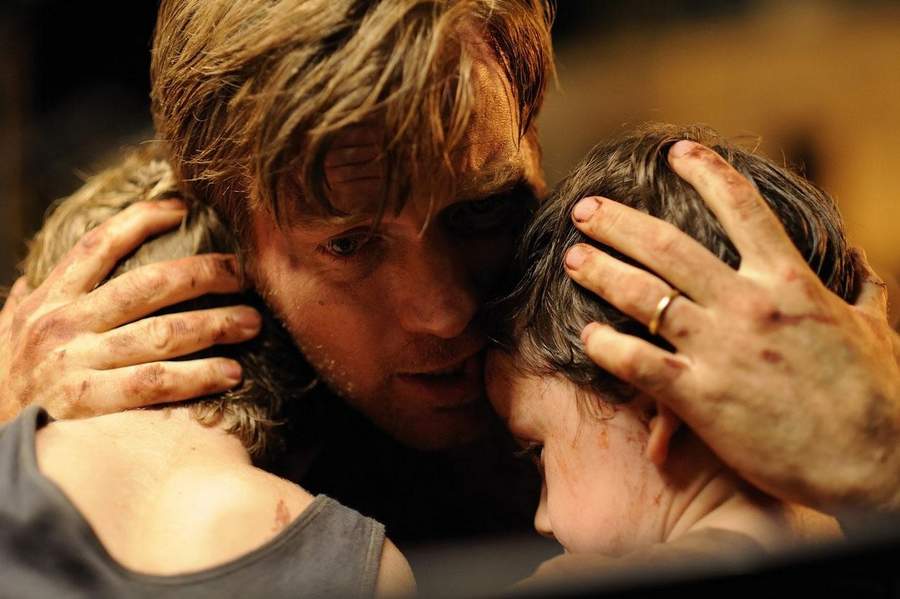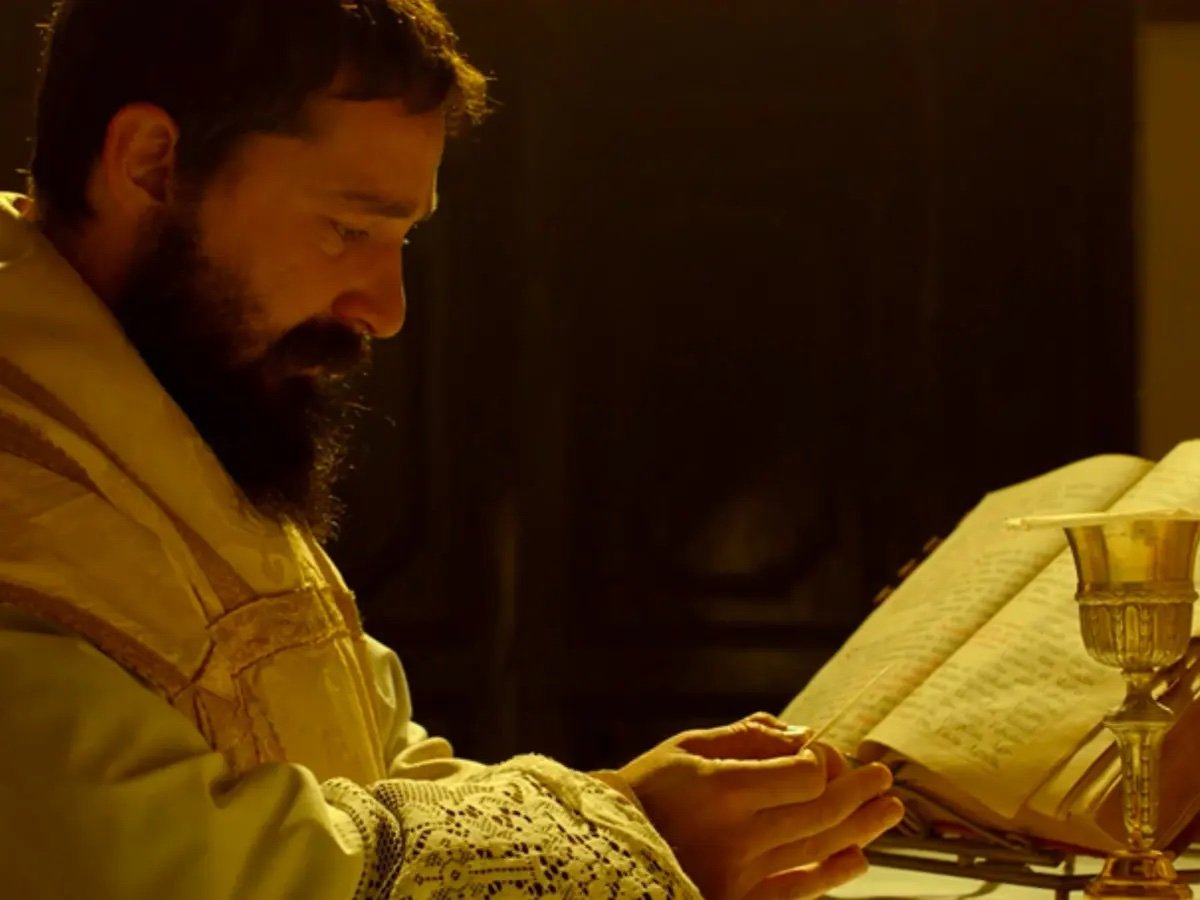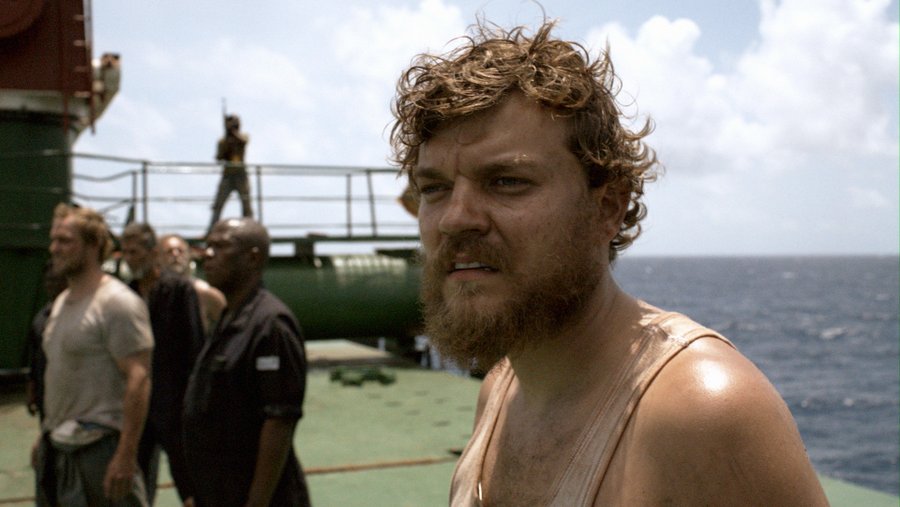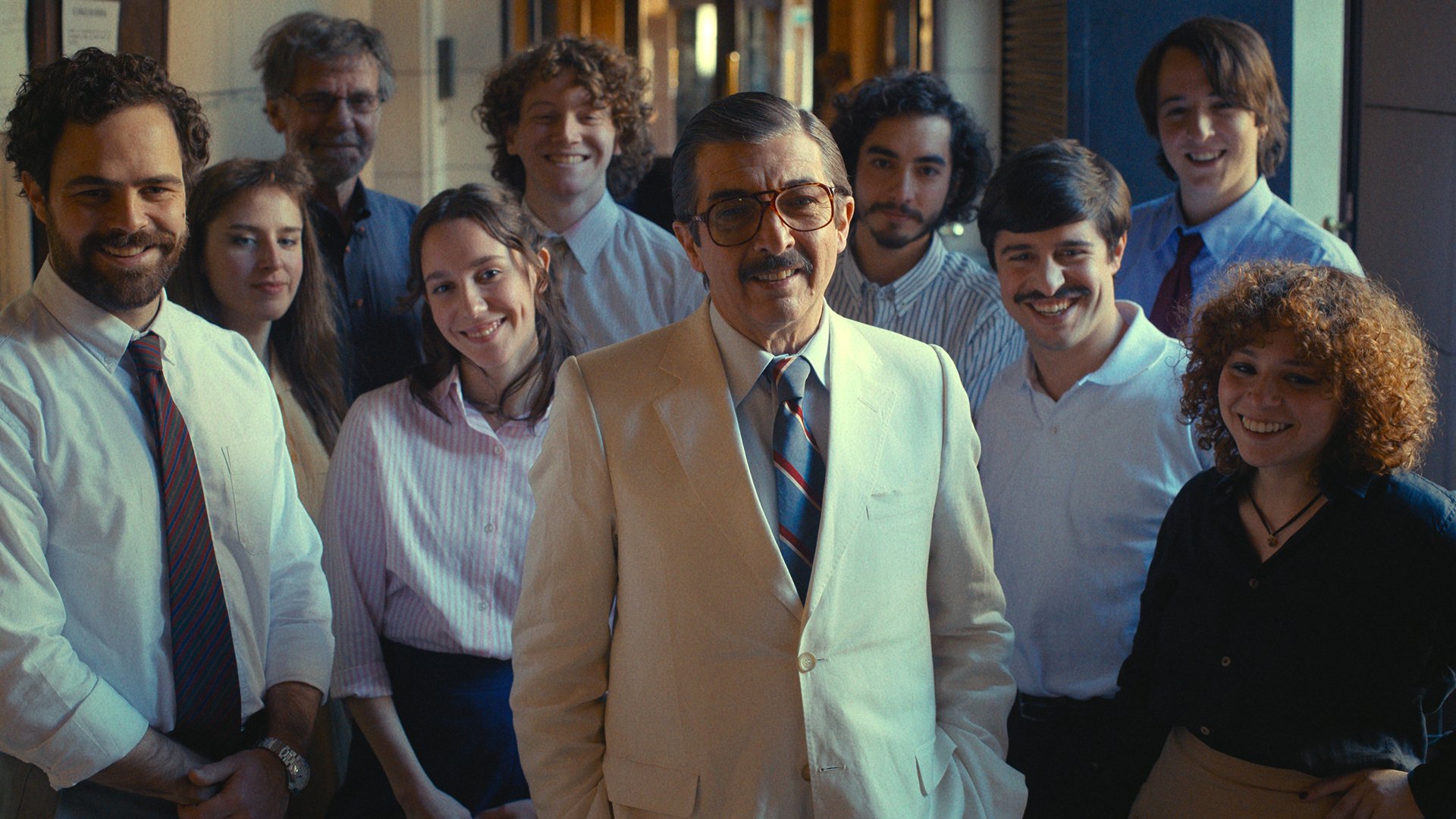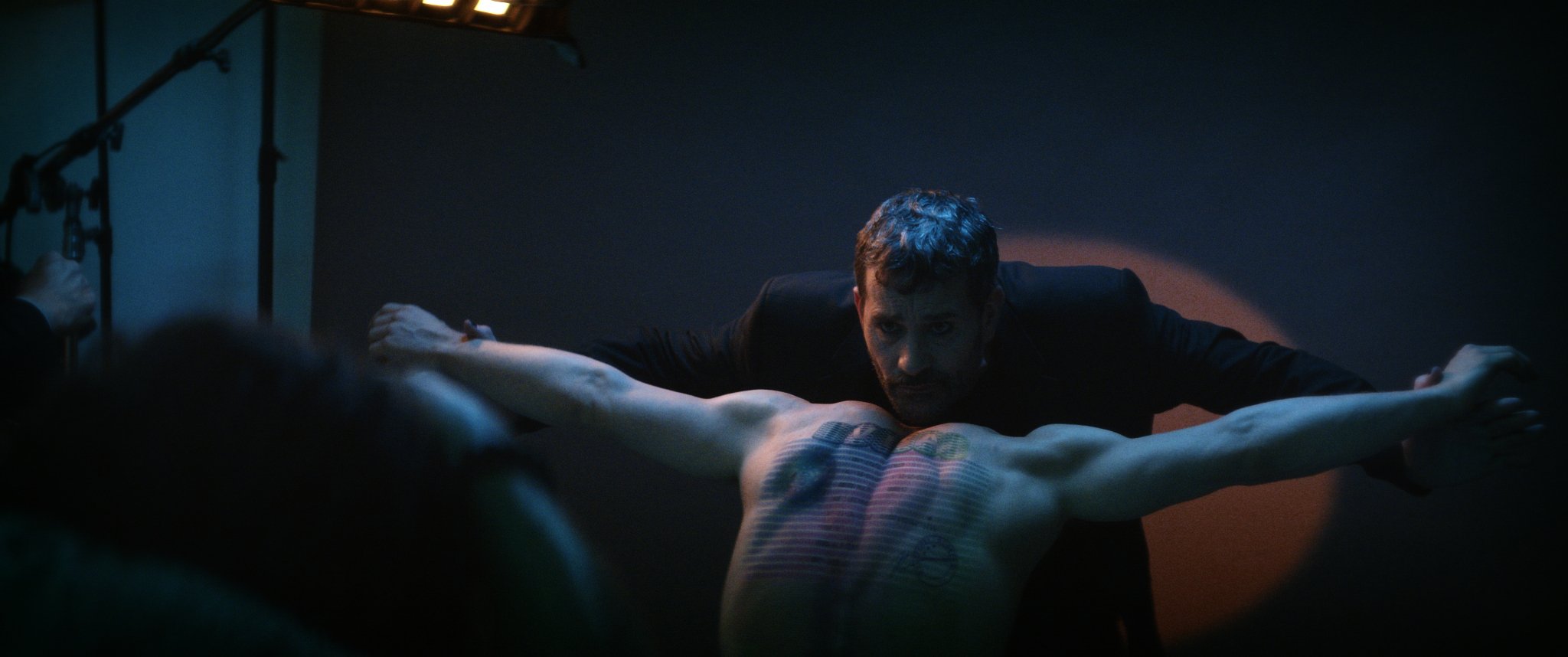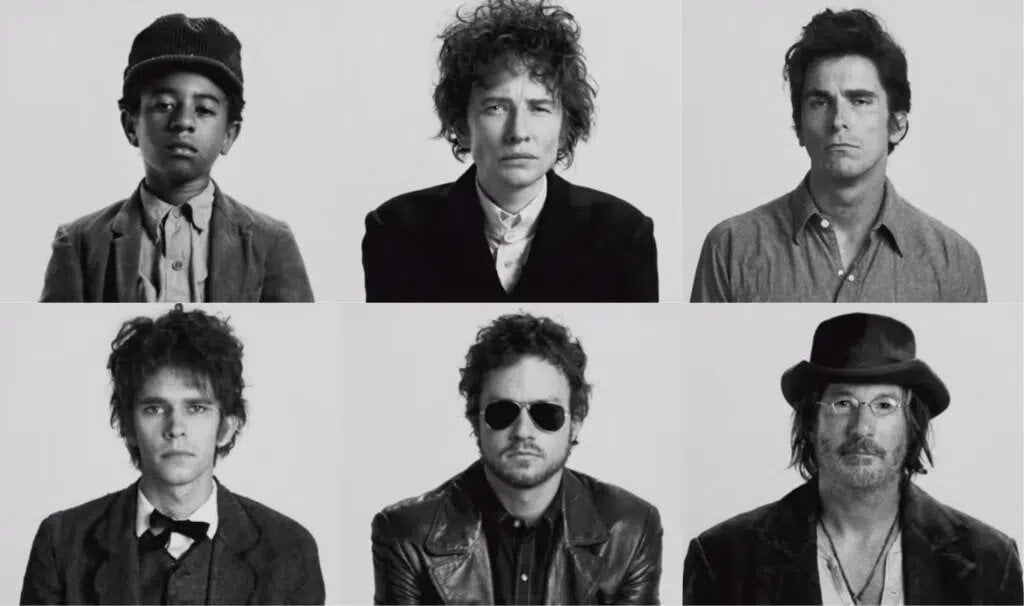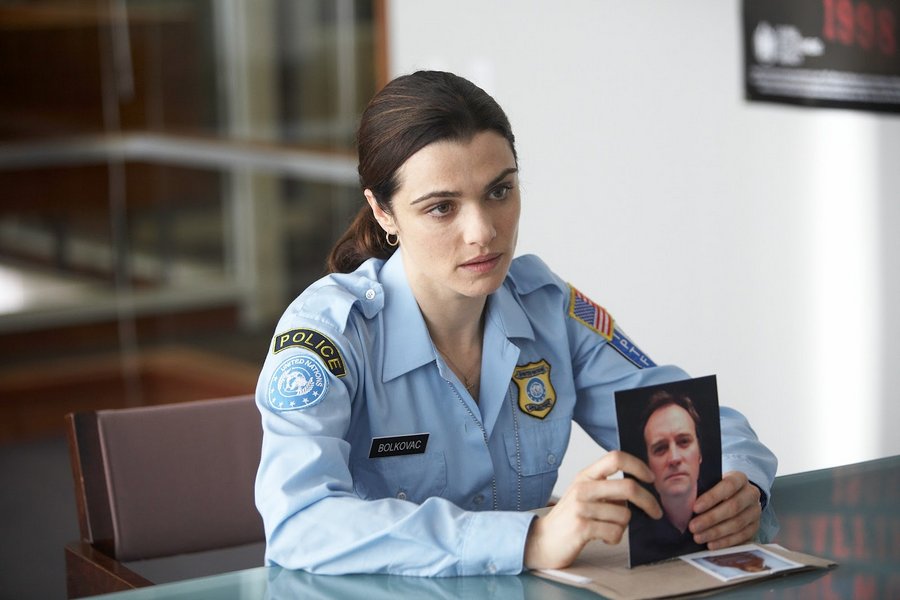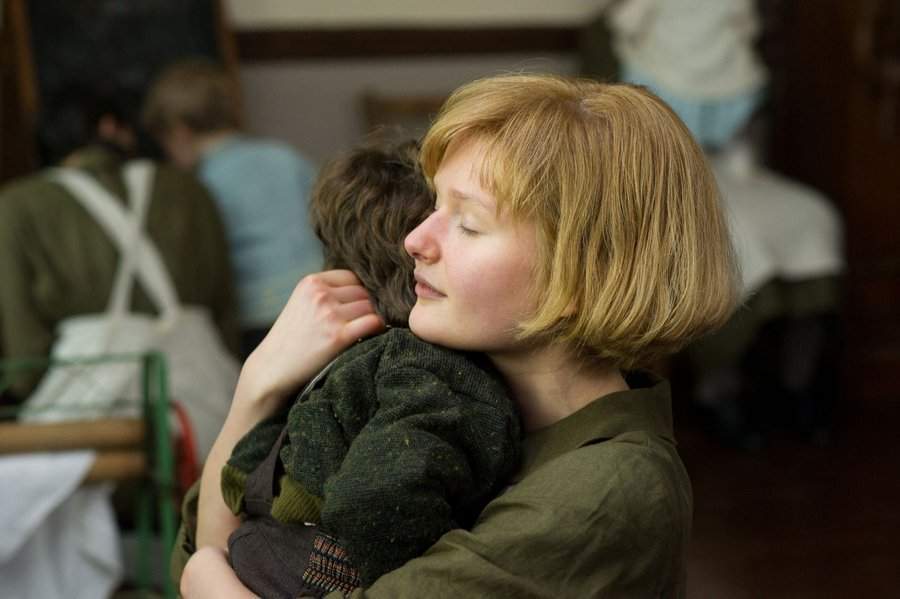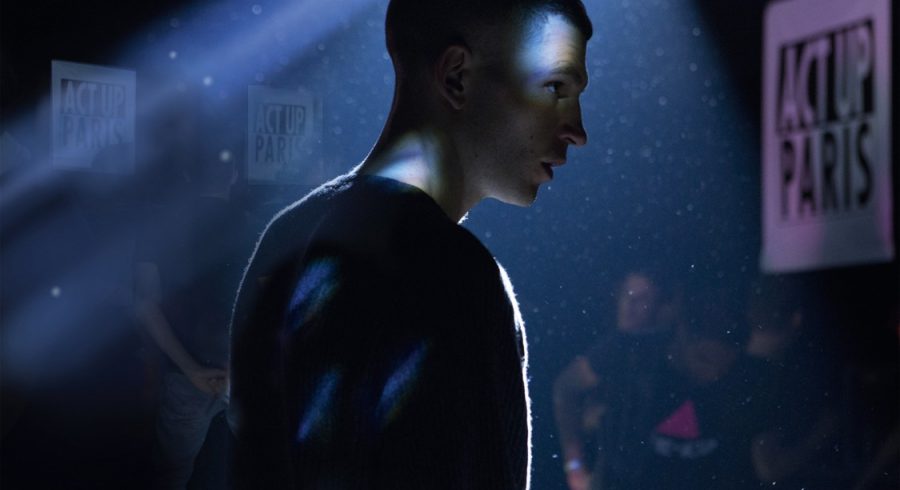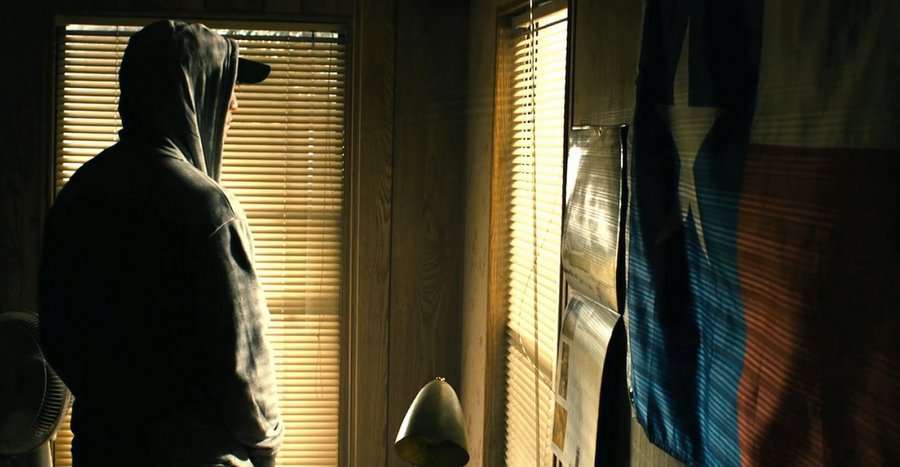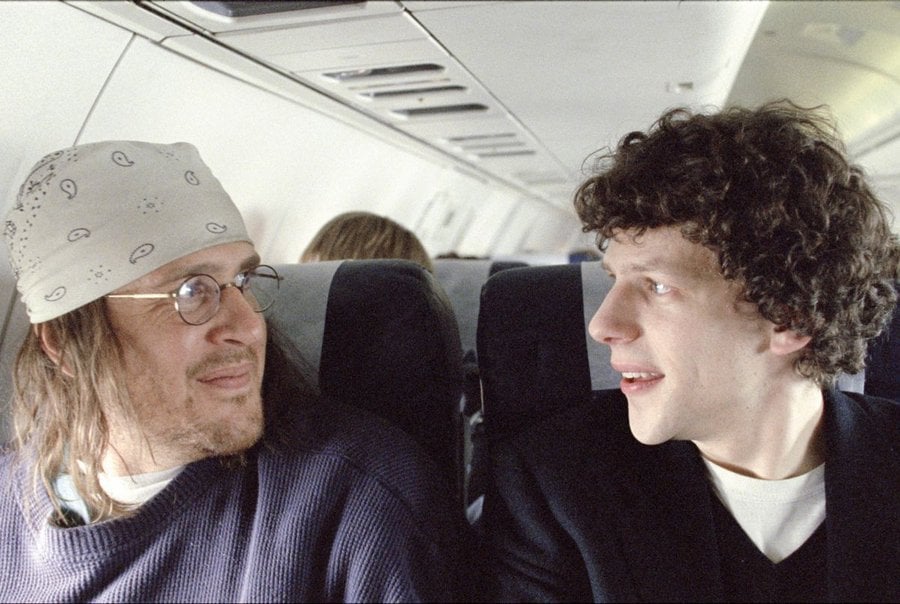20 Best True-Story-Based Movies on Pluto TV Right Now
Day-to-day life can seem a bit mundane, but once in a while, something happens that is just so remarkable that we can’t help remembering for a long time. It’s people, places, and moments like these that filmmakers love to capture through biopics and docudramas. Many streaming services have plenty of these true-to-life stories, but you don’t have to pay to enjoy them. All you have to do is head on over to Pluto TV to enjoy the true-story-based films we listed down below.
Escape from Mogadishu follows diplomats from the North and South Korean embassies as they put aside their differences and work together to escape from an outbreak of civil war in Mogadishu, Somalia. Director Ryoo Seung-wan provides thrilling, high-budget action, especially intense car chases and suspenseful escape scenes that pump you with adrenaline and leave you on the edge of your seat. However, the Somali side of the story leaves much to be desired. Only existing to kill or be killed, the depiction of the Somalians is distasteful, and the country it’s set in seen as nothing more than a senseless warzone.
It’s in crafting a political thriller where Ryoo strikes a chord, following the tradition of South Korean films and dramas that question the current South/North relations. It’s also the aspect that pushed this film to win awards, given that it’s based on a true story from the 1991 civil war in Somalia, albeit with blockbuster flair. Sure, it’s a highly fictionalized story, but the political tensions and heightened atmosphere make good entertainment. And, as with all Korean thrillers, you’ll have to get on a certain wavelength of melodrama to be fully on board with the bonkers yet emotional escape.
From Edward Zwick (Blood Diamond), Defiance is the unheard and untold true story of Polish Jewish brothers who defied all odds during World War II and built a community in the woods of Belarus to escape Hitler’s persecution and save around a thousand civilians from certain death. Interestingly, the film tries to avoid the dramatization of characters and events. Because of this, those who go into it expecting a pure and unprocessed reproduction of facts might be disappointed. It’s a film that takes a storytelling-for-storytelling approach to try and study the challenges that come with any situation where the saying “if you save a life you must take responsibility for it” would be applied.
Shattered Glass tells the unbelievably true story of Stephen Glass, a popular and promising young journalist at The New Republic. Stephen’s storytelling skills are sought out not just by his admiring colleagues but by other publications as well, so when a rival journalist from Forbes finds holes in one of Stephen’s stories, no one takes the accusation seriously at first—except perhaps for Charles Lane, Stephen’s editor. Immune to Stephen’s charms, Charles digs for the truth and tries, despite an alarming lack of support, to pursue what’s right.
Set in the ’90s, Shattered Glass may be a throwback to old-school journalism, but its ideas about the integrity of facts still hold water, especially in an age fraught with rampant disinformation.
At first glance, The Madness of King George seemed like a history lesson about King George III. Like plenty of British royalty dramas, the film has all the opulent trappings in its sets and costumes, as well as some of the best actors from the British isles. However, unlike other depictions of the monarchy, the film depicts the king not as a benevolent ruler or oppressive tyrant– instead, King George III is terribly human, with his memory failing, being unsettled by loss, and concern over his health, which involves having to look at his urine. But the historical satire, based on the 1991 stage play, still manages to have the same mockery towards the opportunistic court, while still retaining sympathy for the very nobility it mocks, through original playwright Alan Bennett’s adept writing, as well as the excellent performance of the stacked ensemble cast.
We mostly think of objects as just stuff to buy, to sell, to give, and to throw away, but for many musicians, their instruments are quite important to them. The Red Violin takes it to the extreme– with the titular instrument infused with the life force of a human– but the film justifies this passion, the pain, and the cost through one of the most beautiful violin scores ever made, and through an ambitious series of vignettes spanning across four centuries and five countries. As the object passes hands, and the owners live, and play, and die, The Red Violin suggests that while these artists’ lives are fleeting, there’s still something human and important in chasing the sublime, and this instrument is just proof of it.
Thirteen Lives is a taut, no-nonsense film that smartly forgoes dramatizing an already well-known case and, instead, hones in on the excruciating but impressive ordeal that is rescue diving. The divers are played by Viggo Mortensen and Colin Farrell, both of whom are convincing in their expertise and heroism. But this isn’t to say this story is theirs. Howard does well to center the narrative on the locals and even makes use of their language, Thai, for most of the film’s run. It’s as sensitively told as it is genuinely gripping.
Shakespeare is a classic, not just because of the tales it adapts, but because of the innovation he made in the English language. Because of this, not every film adaptation gets this aspect right, but the one that gets the closest was Kenneth Branaugh’s Henry V in 1989. With his beginnings in theater, Branaugh steadies his directorial debut with the strength of the performances, including his own in the title role, which incorporates the language in a more accessible way. Younger viewers might prefer the straightforward prose of the latest iteration of Henry V, but Shakespeare purists would surely prefer this classic adaptation, the very debut that led Kenneth Branagh to be best known for Shakespeare adaptations.
A heart-wrenching tribute to victims of natural disasters that is one of despair, suffering, and hope. And it wouldn’t be so damning if it weren’t based off a true story surrounding the tragedy that killed more than 230,000 people. Boxing Day 2004 was one of the most memorable dates for wedded couple, Henry (Ewan McGregor) and Maria (Naomi Watts, for an Oscar nominated performance). Just two days prior, they arrived at Orchid Beach Resort in Thailand to celebrate the Christmas holidays together with their three children. After a squabble with the crew regarding their room reservations, they are granted the privilege of staying in a peaceful villa and all seems to be well. Nature had other plans in mind, though, and facing it head-on is the bittersweet reality.
A mother and her two children move from Colombia to Queens, New York to join the father. Once there, he abandons them and moves to Miami.
With no family to fall back on, barely speaking English, an inexistent social welfare system and two little kids who require care; the mother quickly runs out of options. At first, she tries to sell empanadas in the street, then tries to become a temporary worker, but a mixture of obstacles keeps getting in the way.
Entre Nos is about the precariousness of the immigrant experience: about how quickly things can go wrong. But it’s also about how survival instincts and motherly love can stand in the face of complete desperation.
Abel Ferrara’s protagonists have always searched for higher meaning in a flawed, messed-up world of pain and violence. If 1992’s Bad Lieutenant took Harvey Keitel to church for one of American indie cinema’s most spectacular endings, Padre Pio doesn’t offer such solace. Ferrara (who’s been living and working in Rome for years now) teamed up with Italian screenwriter Maurizio Braucci to direct a period piece that brings together the real life of a Catholic Church saint (the titular Padre Pio) and the rise of socialism after WWI. What seems like a straightforward historical approach turns first gruesome and then profound to capture the contradictions at the heart of Italy as a nation. A character study that breaks free of its biographical chains, Padre Pio shows that Ferrara has still got it, 50 films in.
A Danish cargo ship is hijacked by Somali pirates in the Indian Ocean. The pirates demand millions of dollars in ransom and from there on, a psychological drama between the pirates and the ship owner develops, as they negotiate the price for the ship and its crew. A really great thing about this film is the fact that it doesn’t get tangled up in the weepy feelings of the families back home – but instead focuses on the shrinking hope of the ship’s crew and the psychological consequences of the brutal negotiation, that drives the ship owner to the edge of madness. Inspired by a true story. Brilliantly acted.
Argentina, 1985 is a legal drama about how a prosecutor and his young team were able to mount evidence—despite all threats and odds—against the officials behind a brutal military dictatorship. The public trial is supposedly the first of its kind in Latin America, a marker of true democracy that made a hero out of Julio Strassera and Moreno Ocampo, who both led the case.
Despite the presence of very serious themes, there are moments of lighthearted humor here that work to stress the film’s underlying message of goodwill and perseverance. Argentina, 1985 competed at major festivals this 2022, and it’s Argentina’s official entry at the 2023 Academy Awards.
Tunisian director Kaouther Ben Hania’s new movie is about an arrogant European artist who tattoos a Syrian man’s back, essentially turning the man’s body into artwork.
The man, as a commodity, is able to travel the world freely to be in art galleries, something as a simple human with a Syrian passport he couldn’t do. Seems unlikely? It’s based on a true story.
But Ben Hania is not really interested in the political statement aspect of this unlikely stunt. Instead, she looks at what this would do to a human-being, to the man’s self-esteem, his relationships, and the turns his life takes. It’s a fascinating movie.
I’m Not There is an unusual biopic in that it never refers to its subject, Bob Dylan, by name. Instead, Todd Haynes’ portrait of the singer mimics his constant reinvention by casting six separate actors to play as many reincarnations of the same soul. It’s an ingenious spin on a usually stale genre, one that liberates the film from the humdrum restrictions of a literal retelling of Dylan’s life.
If there’s anyone who warrants such an inventive approach to biography, it’s Dylan, whose public and private personas are so numerous that it’s only by angling six different mirrors at him that Haynes can hope to catch some of his essence. Impressionistic editing toggles freely between these vignettes, each visually distinct: from the 11-year-old Woody Guthrie-obsessive (Marcus Carl Franklin) and the black-and-white Super 16mm-shot poet (Ben Whishaw) to the aging cowboy outlaw (Richard Gere), all by way of Christian Bale, Heath Ledger, and Cate Blanchett’s incarnations. To be sure, this is a somewhat challenging film, reflecting, in places, the enigmatic surrealism of Dylan’s lyrics and his refusal to be pinned down to one thing. But, as Blanchett’s embodiment says, “Mystery is a traditional fact,” and that’s no more true than of Dylan, making Haynes’ film a fascinatingly fitting spiritual biopic.
Based on a true story, The Whistleblower is the biography of a once Nebraskan police officer who volunteers for the U.N. peacekeeping mission in post-war Bosnia. Once there, she uncovers a human trafficking scandal involving peacekeeping officials, and finds herself alone against a hostile system in a devastated country. Rachel Weisz plays the whistleblower in a powerful lead role, but the true star of the movie is its director, Larysa Kondracki, who thanks to near documentary-style film-making delivers a perfectly executed political thriller with utmost authenticity.
Here’s a biopic that focuses on capturing the feel of the era it depicts, rather than all the facts — and is all the better for it. 24 Hour Party People takes the same punk approach to storytelling as its subjects did to music, playfully throwing off the dull constraints that often make based-on-a-true-story movies feel like uninspired celluloid translations of a Wikipedia page.
In the film’s opening scene, Steve Coogan’s Tony Wilson breaks the fourth wall to address us directly and semi-spoil the movie’s ending. But it doesn’t matter, because the ride is so fun: we’re taken on an immersive trip through the heyday of the Manchester music scene: the births of Joy Division, New Order, the Happy Mondays, and Wilson’s Factory Records label and legendary Hacienda nightclub, an incubator for acid house and rave culture. The era’s hedonism is brought to life by the movie’s frenetic editing, documentary-style cinematography, and strobe-heavy visuals. For all its onscreen anarchy, though, the movie remarkably never feels loose or self-indulgent. Its irreverence is grounded by the ironic filter of the meta filmmaking, which frequently breaks the fourth wall to draw attention to its own conceits. A refreshing rejection of biopic tropes, but also a thrilling transportation into and evocation of the Madchester era.
An inspired by true events tale about an elderly Irish woman trying to find the child she was forced to give up many years earlier. Steve Coogan co-wrote the script and, though the base story is a tragic one, his special brand of very subtle, wry wit is apparent in the dialogue throughout. Judi Dench plays the mother who had kept her “sinful” past a secret for fifty years and, being Judi Dench, I don’t need to bother going on about her exemplary talent, suffice to say she’s charming beyond measure in the role. Steven Frears directs, as usual, deftly, and keeps the story compelling scene after scene, intensifying the emotions inherent to each, whether they be heart-warming, comedic, or outright enraging. Whoever decided to let Steve Coogan have his way with the script, it was a brave and wise choice and together this cast and crew have produced a wonderful and important piece of cinema.
Autobiographical in nature, 120 BPM is French screenwriter Robin Campillo’s first feature film. It revolves around the Parisian chapter of the AIDS advocacy group ACT UP, which Campillo was a member of in the early 1990s, and the love between Nathan, the group’s newest member, who is HIV negative, and Sean, one of its founding and more radical members, who is positive and suffers the consequences of contracting AIDS. Using fake blood and spectacular direct action, ACT UP advocated more and better research of treatment, prevention, and awareness. This was at a time when many, implicitly or explicitly, viewed AIDS as a gay disease, even as a punishment for the gay community’s propensity to pleasure and partying. The latter is reflected by the film’s title, 120 bpm being the average number of beats per minute of a house track. Arnaud Rebotini’s original score echoes the ecstasy-driven house music hedonism of the time with some effective original cuts, albeit with a melancholic streak. Because, for all the love, friendship, and emotion of the ACT UP crew that BPM so passionately portrays, anger and sadness pervade the lives of these young people as the lack of effective treatment threatens to claim the lives of their loved ones.
Simply titled The Imposter, this film by English documentary maker Bart Layton tells an unbelievable tale. Any plot summary doing this film justice has to err on the side of brevity, which is why it will be only one line long: this is the story of Frederic Bourdin, a serial imposter nicknamed “The Chameleon”, who at one time claimed to be the missing son of a family from Texas. The film is so well-shot that it is hard to tell fact from fiction at times and it will force you to remind yourself that this is in fact real life. Expect twists and turns at every corner and brilliant storytelling from real people. If Christopher Nolan created a 48-hour story, it would pale in comparison to this film.
A hot summer night, around 2 a.m. You’re outside talking with a close friend about life, happiness, and the human condition. That quality and depth of conversation, which you reach at best a couple of times a year is present throughout the 106 minutes of The End of the Tour.
In the case of this movie, you become the witness of five days of conversation spent between two fine writers: the once-in-a-generation American author David Foster Wallace and best-selling Rolling Stone journalist David Lipsky, as they travel the US during the 1996 publicity tour for the former’s magnum opus, Infinite Jest. Twelve years later Wallace will commit suicide.
Like a good podcast, the James-Ponsoldt-directed road movie makes you feel being part of a deeply personal conversation of the kind you would have with a long-time friend. At times, it can feel like eavesdropping on a genius at work. This effect is helped along by a flawless Jason Segal, who delivers an award-worthy performance as DFW. The fierce intelligence exuded by Jesse Eisenberg as David Lipsky is also nothing short of amazing. As they stuff their faces with junk food, their conversation is insightful, immediate, and unpretentiously relevant, making The End of the Tour a rare and important film.

